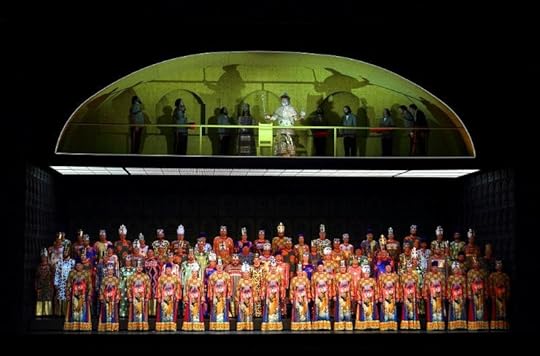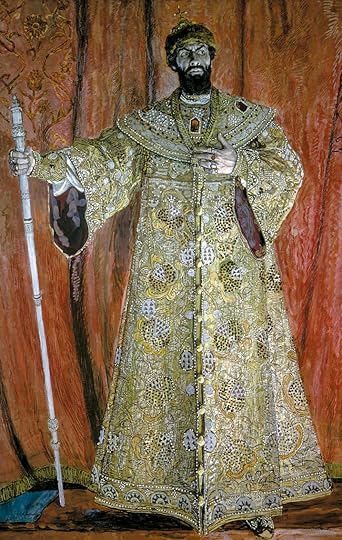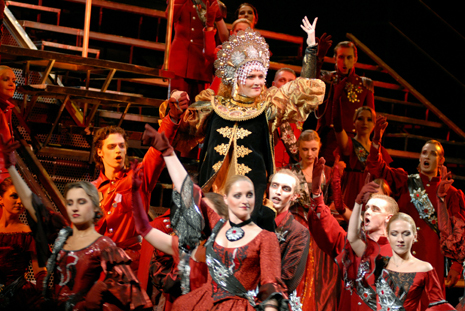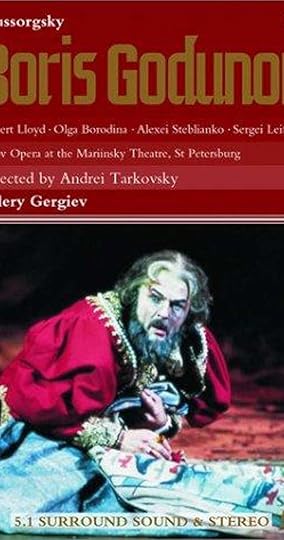What do you think?
Rate this book


256 pages, Paperback
First published January 1, 1831





Za mladih dana tako žudimo
utehu slatku svojoj ljubavi,
al' onog časa kad utolimo
ljubavnu žudnju, mi se hladimo!
Ah, jasno mi je: ništa ne može
u zemnom jadu da nas umiri,
baš ništa... savest samo spokojna.
Jedino ona pobednica je
nad zlobom i nad mračnom klevetom...
.
Ah, teško onom, teško bedniku,
kom dušu peče savest nečista!
Suza
S husarom uz čašu punča
Sjedio sam mrk i ljut,
Pa sam nijemo s mračnom dušom
Gledao na dalek put.
'Reci, zašto na put gledaš?'
Zapita me junak taj.
'Još njim nisi prijatelje
Pratio u strani kraj!'
Spustio sam na grud glavu,
Pa sam tiho reko tad:
- Ah, nje više sa mnom nema!...
I umukno, krijuć jad.
Suza kanu iz mog oka
I u pehar pade baš.
'Dijete! Ti za djevom plačeš,
Stid te bilo, stid, da znaš!'
- Šuti! Mene srce boli,
A ti ne znaš, što je vaj!
I jedna je suza dosta,
Da otruje pehar taj!...